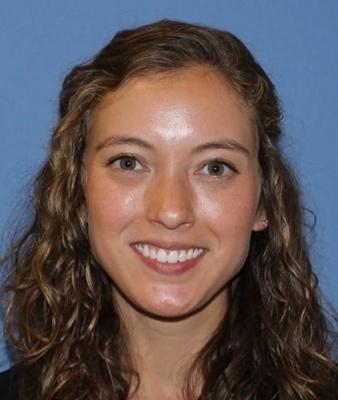 Dr. Kailey Yancey
Dr. Kailey Yancey
Dr. Kailey Yancey is a second year family medicine resident at the Washington Health System. She is from Huntington, WV. She studied biology and philosophy at West Virginia University. Then she studied medicine at WVU School of Medicine. She is married happily to her husband Jonathan, who works as a data engineer, and their sweet dog, Mona. In her free time Kailey enjoys spending time with family, crocheting, watching movies and walking with Mona at Washington Park.
Cervical Cancer
Cancer is a disease caused by overgrowth of cells in your body. The type of cancer is named after the organ where the overgrowth starts and cell growth can spread to other parts of your body (metastasis). Cervical cancer is the overgrowth of cells of a female’s cervix (the passage that forms the lower part of a woman’s uterus).
HPV (human papilloma virus) is the main cause of cervical cancer. HPV is a common virus that is spread during sexual intercourse. It is the high-risk version of HPV that can lead to cervical cancer and about 20% of adults in the US under the age of 60 are infected with the high-risk strain. Even though many people are infected with HPV, only some women will develop cervical cancer.
Cervical cancer prevention can be done through 1) screening tests and 2) vaccines that protect against HPV. The screening test is called a Pap (Papanicolaou) test that detects cervical cancer in its earliest stages. When cervical cancer is found early, it is highly treatable. Screening with the Pap test starts at age 21, and the interval between screenings varies based on your test results. The HPV vaccine is approved for females and males ages 9-45 and it protects your body against becoming infected with the HPV virus.
We can prevent cervical cancer! Ask your family physician if you are due for your Pap test or if you or your children are due for the HPV vaccine.


